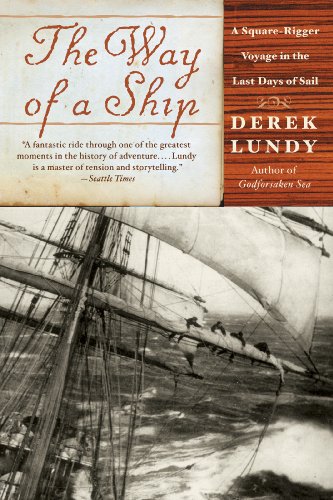Today, of course, I worked at translation. Made good progress, too, and I’ll put some more time in tonight. I’ve got personal business to handle as well, but everything’s in hand.
Started reading a book by an unfamiliar author the other day. A bargain book for Kindle. According to the description it’s a Christian book, and it has a lot of good reviews.
Alas, so often the descriptor “Christian” indicates poor craftsmanship. So it was here.
I won’t tell you the author’s name or the book’s title. They might be favorites of yours. Many people better than me in almost every respect enjoy – or even write – books that don’t please me. It’s not for me to look down my nose at them. I know I’m turning into a literary snob in my dotage.
The author just hadn’t mastered the craft. The story may have been good – I tried to hang with it, to see if the plot grabbed me when the prose didn’t – but in the end I couldn’t hack it. I was opening it out of duty rather than anticipation.
So much in writing depends (as in jazz) on the notes you don’t play. There are lots of things you don’t need to tell the reader, if you can suggest them – through word choice, rhythm, juxtaposition. When the reader expects you to say something and you don’t, that makes him guess at your reasons. Such things make the reading experience a collaborative one, a kind of dance. It draws the reader in.
This author knew nothing of these things. He may learn the craft in time. You’ve got to start somewhere. I wish him well.
Above, a video of The Dragon Harald Fairhair, the largest Viking ship replica ever built. She was constructed in Haugesund, Norway, and I hoped to see her back in 2016, when she was supposed to come to Duluth. But that was prevented by maritime regulations. She’s been sitting in Mystic Harbor, CT for a couple years now, and I wonder what her future will be.
Anyway, this is a cool video, mixing comments by crew members with epic sailing footage. I believe I haven’t seen it before, which means somebody probably sent me the link once, and I was too busy to look at it.
Have a good weekend.

